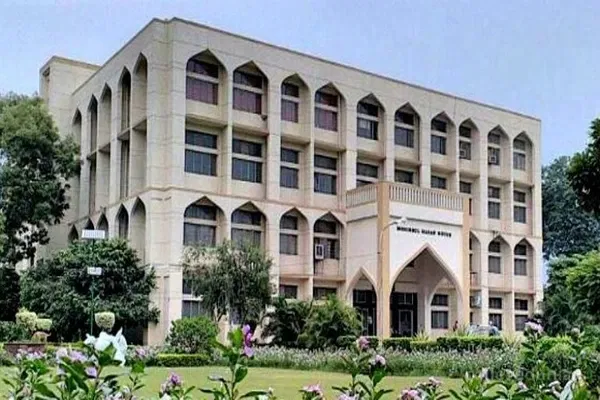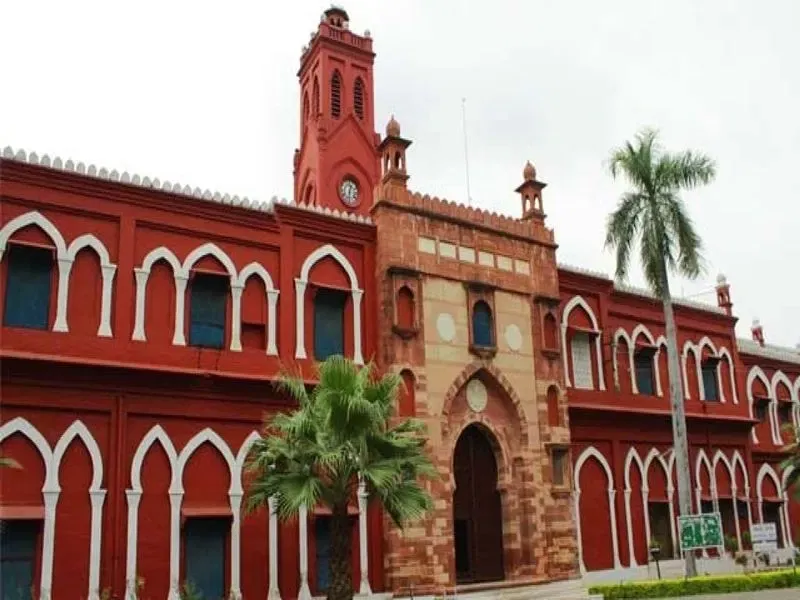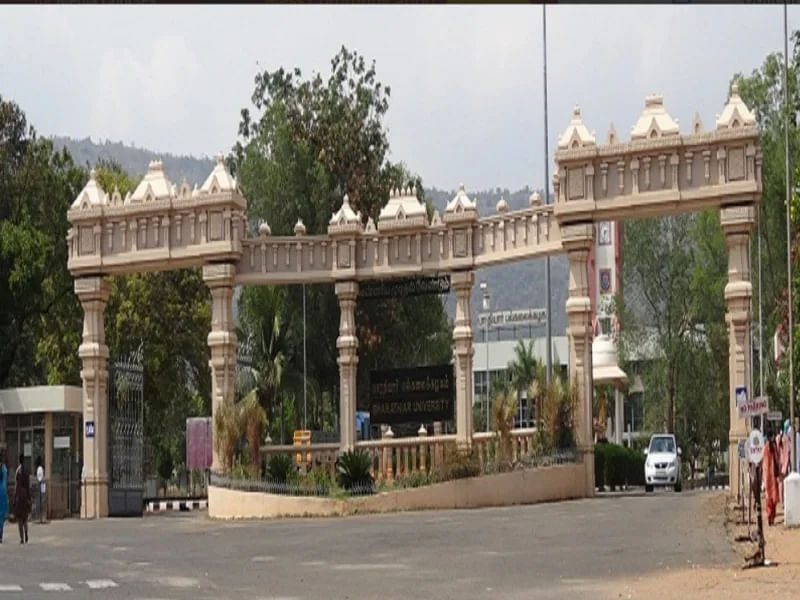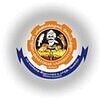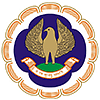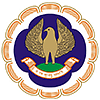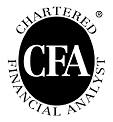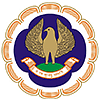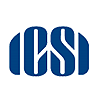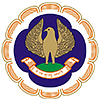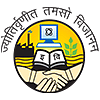MCom Subjects and Syllabus 2026

The MCom syllabus is divided into four semesters over the course duration of two years. M.Com subjects mainly include contemporary theories such as modern portfolio theory, resource-based view theory, game theory, etc., associated with the commerce field. The core MCom subjects consist of Organisation Theory and Behaviour, Economic Analysis, Strategic Management, Accounting Theory, International Business, etc. Students can also choose elective subjects like International Finance, Banking and Finance, Financial Markets, etc.
Aspirants studying for the M.Com course will learn about a variety of tools/software including risk management software, GST filing tools, accounting software like Tally ERP, financial analysis software, etc. M.Com syllabus provides students with in-depth knowledge needed in the business world. The graduates are qualified to hold positions as Bank Managers, Business Analysts, Investment Bankers, Tax Analysts, etc.
Table of Contents
M.Com Subjects
M.Com subjects are emphasized giving students technical expertise on the main topics of financial and business fundamentals. MCom subjects 1st year include topics such as Organisation Theory and Behaviour, Statistical Analysis, Economic Analysis, etc whereas MCom 2nd year subjects include topics such as Strategic Management, Accounting Theory, International Business, etc.
Below is the list of MCom subjects:
Core M.Com Subjects
Given below is the core MCom subjects list along with topics covered in each subject:
| Core Subjects | Topics Covered |
| Managerial Economics | Nature and Scope of Managerial Economics, Economics and Managerial Theory, Theory of Consumer Choice, Production Theory, and Demand Analysis. |
| Organizational Behaviour and Human Resource Management | The Concepts of Organization, Groups in Organization, Preparation and Selection, Development and Evaluation, Compensation and Protection. |
| Accounting Theory | The Nature of Accounting Theory, Capital, Value and Profit, Accounting Information and the Capital Market, Globalisation of Accounting Standards. |
| Financial Management and Business Valuation | Functions of Financial Management, System and Role of Finance Manager, Sources of Capital and Cost of Capital, Analysis of Leverages. |
| Corporate Laws | Doctrine of Indoor Management, Liability of Misstatement - Mergers and Acquisitions, Intellectual Property Rights, Patents Act. |
| Quantitative Techniques for Business Decision | Linear Programming and Network Analysis, PERT and CPM, Formulation and Solution of Transportation Models, Simplex and Hungarian Method. |
| Advanced Accounting | Accounting for Issues, Accounting Issues relative to Amalgamation, Accounting for Holding and Subsidiary Companies, and Accounts relating to the Liquidation of Companies. |
| Tax Planning and Management | Return of Income, Expert and Emergency Assessment, Concept of Tax Planning, Tax Avoidance and Tax Evasions, and Tax Planning with reference to location. |
M.Com Elective Subjects
The optional MCom subjects are given below along with the topics covered in each subject:
| Elective Subjects | Topics Covered |
| Financial Markets | Stock Markets, Bond Markets, Derivatives, Forex Markets, Capital Market Efficiency, Asset Pricing, Financial Instruments, Regulatory Framework, Risk Management, Investment Banking, Financial Modeling, Global Financial Markets, etc. |
| Banking and Finance | Banking Operations, Retail Banking, Corporate Banking, Monetary Policy, Financial Regulation, Credit Risk Management, Basel Norms, Treasury Management, Mergers and Acquisitions in Banking, Asset-Liability Management (ALM), etc. |
| International Finance | Foreign Exchange Markets, Exchange Rate Mechanisms, International Trade Finance, Trade Policies, Global Investments, Cross-Border Mergers and Acquisitions, International Financial Institutions, Balance of Payments, etc. |
| Entrepreneurial Management | Product Development, Funding Strategies, Venture Capital, Business Models, Lean Startup Methodology, Entrepreneurial Finance, Crowdfunding, etc. |
| Information Systems and Technology in Business | Digital Business, Data Management, Information Security, Cybersecurity, IT Governance, Risk Management in IT, Cloud Computing, Mobile Technologies, Emerging Technologies, etc. |
| Environmental Economics | Cost-Benefit Analysis, Sustainable Development, Environmental Policy and Regulation, Environmental Impact Assessment,, Market-Based Instruments, Carbon Trading, Biodiversity Conservation, etc. |
| Strategic Cost Management | Value Chain Analysis, Process Costing, Cost-Volume-Profit (CVP) Analysis, Cost Estimation Techniques, Costing for Decision Making, Budgeting, Cost Allocation Methods, Performance Measurement and Evaluation, etc. |
| M.Com Admission | M.Com Entrance Exams |
Semester-Wise MCom Syllabus
The M.Com syllabus and subjects mainly include thesis-based components and some research-based elements. The course deals with Accounting, Financial Banking Services, the Functioning of the Economy, Management and subjects related to Economics. The final year subjects include compulsory internships, project submission and placement drives.
The following is a detailed M.Com general subjects list according to the semester. However, the subjects vary from university to university.
M.Com Syllabus 1st Year
MCom 1st sem subjects include Managerial Economics, Income Tax Law and Accounts, Management Process, etc. MCom 2nd semester syllabus covers subjects such as Business Environment, Quantitative Techniques for Business Decisions, etc. Given below are the semester-wise M.Com subjects 1st year:
|
Semester I |
Semester II |
| Organizational Behavior and Management Process | Corporate Laws |
| Managerial Economics |
Financial Management
|
| Computer Applications in Commerce |
Indian Financial System
|
| Income Tax Law and Accounts |
Management of Nonprofit Organizations
|
| Business Environment |
Tax Planning and Management
|
| Marketing Management |
Monetary Systems
|
M.Com 2nd Year Syllabus
M.Com 3rd sem subjects include topics such as Diversity at Work, Compensation Management, Human Resource information system, Financial Instruments, etc. MCom 4th sem subjects are Quantitative Techniques, International Business, Sales Management, etc. Given below are the semester-wise M.Com 2nd year subjects:
|
Semester III |
Semester IV |
| General Service Tax (GST) |
Quantitiative Techniques
|
| Management of Financial Services |
International Business
|
| Auditing and Assurance Service |
Advertising & Sales Management
|
| International Trade – Theory & Practice |
Research and Internships
|
Also, Check: Scope of M.Com in India
Specialisation-Wise MCom Subjects and Syllabus
The M.Com degree provides candidates with a variety of specialization options in both core and elective subjects. Each specialty focuses on a distinct area of M.Com subjects while giving each person a different set of skills. The list of top M.Com specializations along with subjects and topics covered in a table given below:
| MCom Specializations | Subjects |
| MCom in Finance |
|
| M.Com Computer Application & IT |
|
| MCom in Business Management |
|
| M.Com Marketing |
|
| M.Com Human Resource Management |
|
Also, Check the Scope of M.Com in India
College-Wise MCom Syllabus
MCom syllabus varies from one college to another but the structure and the concepts remain the same focusing on equipping the students with relevant skills and knowledge related to statistics, finance, business management, etc. Here is the college-wise MCom syllabus from top colleges in India:
Delhi University MCom Syllabus
DU M.Com syllabus focuses on imparting knowledge related to Statistical Decision Theory, Hypothesis Testing, Regression Analysis, Cost function, etc. Listed below is the Delhi University M.Com syllabus:
| DU MCom 1st Semester Subjects | DU MCom 2nd Semester Subjects |
| Organisation Theory and Behaviour | Managerial Accounting |
| Statistical Analysis | Quantitative Techniques for Business Decisions |
| Economical Analysis | Business Environment |
| Financial Management and Policy | Marketing Management |
| DU MCom 3rd Semester Subjects | DU MCom 4th Semester Subjects |
| Strategic Management | International Business |
| Accounting Theory and Practice | Human Resource Management |
| Elective I | Elective I |
| Elective II | Elective II |
Osmania University MCom Syllabus
Osmania University MCom syllabus focuses on equipping students with knowledge related to Finance, Accounting, Taxation, Resource Management, etc. Listed below is the semester-wise Osmania University MCom syllabus:
| MCom 1st Sem Subjects | MCom 2nd Sem Subjects |
| Managerial Economics | International Business and Business Environment |
| Principles of Marketing | Marketing Management |
| OT & OB | Human Resource Management |
| Elective-I | Elective-IV |
| Elective-II | Elective-V |
| MCom 3rd Sem Subjects | MCom 4th Sem Subjects |
| Research Methodology & Statistical Analysis |
Quantitative Techniques for Business Decisions |
| E-Commerce | Business and Corporate Taxation |
| Cost Accounting and Control | Strategic Management |
| Elective-IV | Elective-VI |
| Elective-V | Elective-VII |
Also, Check: IGNOU M.Com Syllabus: Download PDF
Master of Commerce Course Structure
The core MCom subjects vary depending on the specialisation chosen by the candidate and also the university offering the course. Some of the specialisation courses are taught during the first year of the M.Com syllabus. There are seminars, placement drives and business events hosted by colleges as part of their course structure. In short, the course structure for the M.Com subject is as follows:
- Two Years
- Core And Specialization Subjects
- Elective Courses
- Seminar
- Placement Drives
- Capstone Projects And Real-Time Projects
- Internships And Workshops
M.Com Teaching Methodology and Techniques
M.Com trains students in hands-on experience and solves real-world projects. The students are taught about commerce and banking. Finance, Business Laws and Theories are given special attention. Many real-world projects and action-based teaching methods with traditional teaching methods are a part of the course. In a nutshell, the teaching structure includes:
- Case Studies
- Capstone Projects
- Real-time Projects
- Company Workshops
- Guest Lectures
- Internships
- Practical Sessions
M.Com Projects
The M.Com projects motivate students to solve real-life scenarios using suitable techniques. The topics are selected based on the workshops conducted by the universities in collaboration with businesses. Given below are some of the projects.
Some of the M.Com projects are listed below:
- A Study on Commodity Trading & Investor Awareness
- A Study on Corporate Governance
- A Study on Dividend Policies
- A Study on Corporate Budgeting
- A Study on Commodity Trading With Special Reference to Gold & Silver
M.Com Books for Reference
MCom books help students with in-depth concepts related to business innovation, startup management, financial reporting, auditing standards, risk management, working capital management, etc. Students can download the MCom syllabus PDF from their respective university websites for a better understanding of the curriculum. Listed below are some M.Com books for reference:
|
Name of Book |
Topics Covered |
Author |
| Organizational Behaviour | Employee Motivation, Team Dynamics, Leadership Styles, etc. | S.P Robbins |
| Business Taxation | Tax Planning, Corporate Taxation, GST Compliance, etc. |
Radhakrishnan P
|
| Cost Accounting | Cost Concepts, Cost-Volume-Profit Analysis, Budgeting, etc. | M.P Gupta |
| Financial Management | Capital Budgeting, Risk Analysis, Working Capital Management, etc. | I.M Pandey |
| Principles of Accounting | Financial Statements, Accounting Principles, GAAP rules, etc. |
Dixon Cooper, Mitchell Franklin and Patty Graybeal
|
Top M.Com [Master of Commerce] Colleges
Top Commerce Entrance Exams
M.Com Fee Structure
FAQs on M.Com Syllabus and Subjects
Q: Which are the important topics covered in the MCom 1st year syllabus?
Q: Is Math a part of M.Com?
Q: Is business innovation and entrepreneurship included in M.Com subjects?
Q: What are the current trends in commerce that students should study during the MCom course?
Q: What topics are covered in the Corporate Governance subject in MCom syllabus in 2nd year?
Q: Are topics like business evaluation covered in MCom syllabus?




